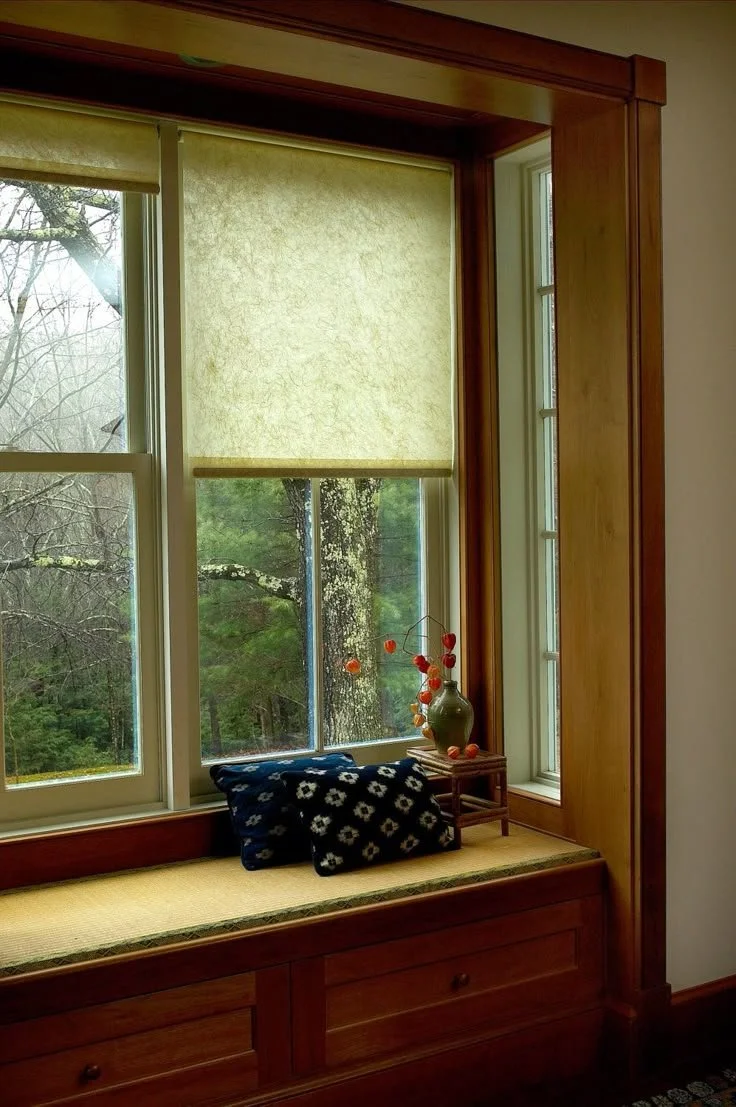The Journey of Aging: Embracing Life Transitions in Care Homes
Navigating the journey of aging can be a profound experience, marked by various life transitions. For many individuals, these transitions may lead them to seek care in assisted living or nursing homes. While this decision may come with its challenges, it's crucial to recognize the importance of embracing these transitions and fostering a supportive environment within care homes. In this blog, we'll explore the journey of aging within care homes, highlighting the significance of embracing life transitions and promoting holistic well-being for residents.
Understanding Life Transitions
As individuals age, they often encounter significant life transitions that can impact their physical, emotional, and social well-being. These transitions may include retiring from work, experiencing changes in health, or facing the loss of loved ones. For some seniors, transitioning into a care home represents a major shift in their lives, requiring them to adapt to a new environment and routine.
Morris Care Homes across Shropshire & Cheshire are dedicated to providing a supportive environment for residents as they navigate life transitions in their journey of aging.
Creating a Supportive Environment
Care homes play a crucial role in providing support and assistance to older adults as they navigate these life transitions. It's essential for care providers to create a supportive environment that promotes dignity, autonomy, and a sense of belonging for residents. This involves fostering meaningful relationships, respecting individual preferences, and maintaining open communication channels. An often overlooked but essential part of this is ensuring that the care home itself is well-managed and compliant with safety regulations. Thoughtful Facilities Management helps maintain well-functioning spaces, enhancing the overall quality of life for residents by creating an environment that feels secure, clean, and truly supportive. A well-managed facility also creates a safe and comfortable space, allowing both residents and staff to focus on building a warm, welcoming atmosphere without worrying about the physical environment.
Embracing Change
Embracing life transitions in care homes involves recognizing the inherent changes that come with aging and adapting accordingly. Rather than resisting change, both residents and caregivers can approach transitions with a mindset of acceptance and resilience. This may involve adjusting expectations, exploring new opportunities for personal growth, and finding meaning in the present moment.
Promoting Holistic Well-Being
Caring for the holistic well-being of residents goes beyond addressing their physical needs; it also encompasses their emotional, social, and spiritual dimensions. Care homes can promote holistic well-being by offering a range of activities and services that cater to residents' diverse interests and preferences. This may include art therapy, music programs, spiritual gatherings, and opportunities for social engagement.
Fostering Connection and Community
One of the most significant benefits of life in a care home is the opportunity for residents to connect with others and form meaningful relationships. By fostering a sense of community within the facility, residents can combat feelings of loneliness and isolation often associated with aging. Care providers can facilitate social interactions through group activities, communal dining experiences, and shared living spaces.
Embracing End-of-Life Transitions
As residents age, they may also confront the reality of end-of-life transitions. While this can be a challenging and emotional time for both residents and their families, it's essential to approach this phase with compassion and support. Care homes can offer palliative care services, bereavement support, and opportunities for residents to express their end-of-life preferences and wishes.
Conclusion
The journey of aging within care homes is a multifaceted experience marked by various life transitions. By embracing these transitions and fostering a supportive environment, care homes can enhance the quality of life for residents and promote their holistic well-being. Through compassion, understanding, and a commitment to dignity and respect, we can ensure that every individual's journey of aging is met with care and compassion.




